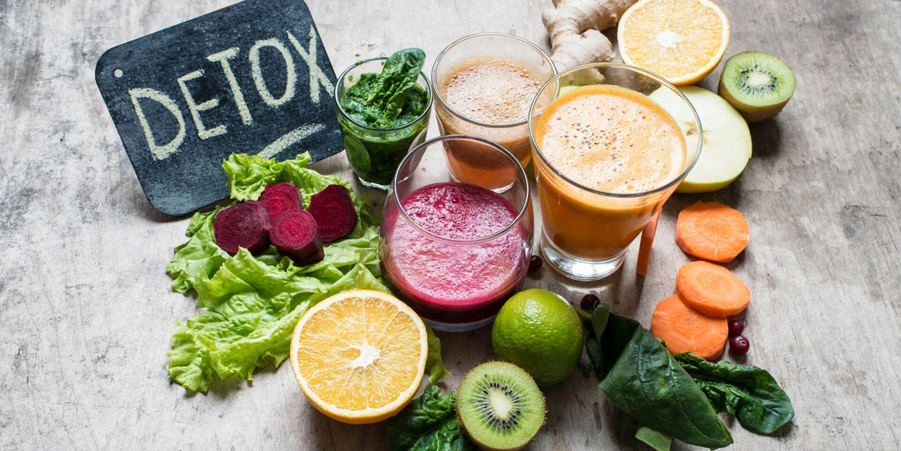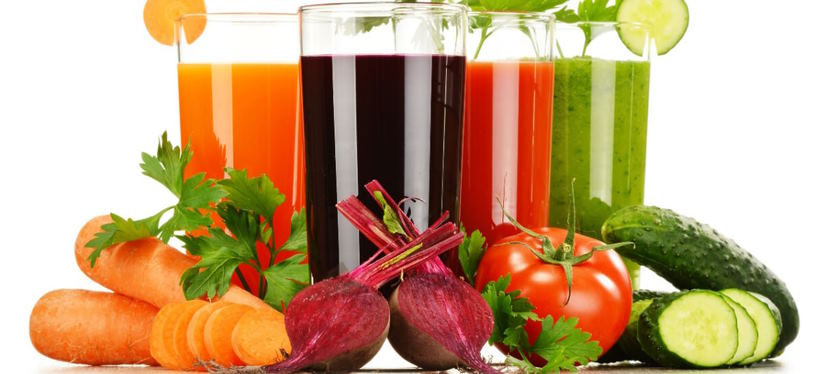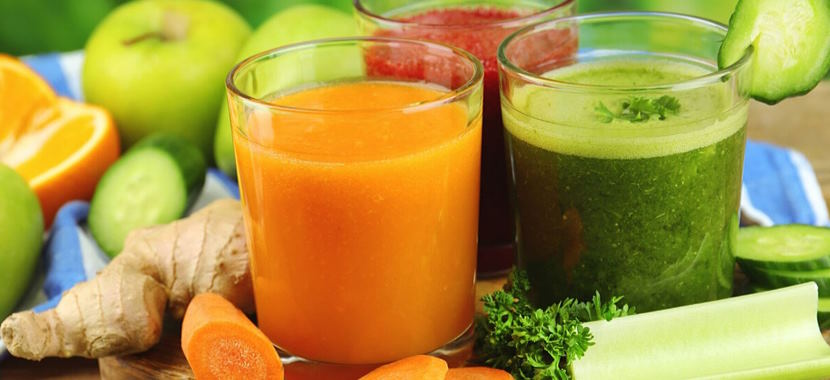
Detox diets have become quite popular over the last few years, as many believe that eliminating toxins from their bodies can improve their overall health. However, there are many different detox diets, and each person may have different results.
What is a detox diet?
These short-term eating plans aim to rid the body of toxins, aiming for improved health and weight loss. Detox diets usually replace processed foods with whole foods like fresh fruits, vegetables, lean proteins, nuts, and seeds. It may also include cleansing drinks such as herbal teas or juice cleanses. In addition, some detox diets may involve fasting or eliminating certain food groups.

What influences the safety of a detox diet?
The safety of a detox diet depends on the particular diet plan and how it is followed. Some aspects of a detox diet, such as eliminating processed sugar or eating more fruits and vegetables, can benefit overall health. However, other aspects may not be safe for some people, including pregnant women, children, or people with chronic health conditions.
Detox diets that involve fasting, extreme calorie restriction, or the elimination of entire food groups can be dangerous. People on such diets may suffer nutrient deficiencies, electrolyte imbalances, and other health problems associated with inadequate nutrition. An improperly executed detox diet can lead to serious medical complications in severe cases.
Before starting a detox diet, it is important to talk to your doctor to develop a plan that meets your individual needs and is safe for your particular health status. Additionally, it is important to note that any long-term changes in diet should be undertaken only with professional guidance from a registered dietitian or nutritionist.
Is a detox diet effective?
No scientific evidence supports the claims that detox diets are effective. Most of the purported benefits of these diets are based on anecdotal evidence and personal testimonials rather than scientific research. While some people may feel better after following a detox diet, it is likely due to other factors. For instance, it’s because of improved nutrition or increased water intake during a detox diet rather than the removal of toxins from the body.

Besides, it’s generally accepted that the human body has its natural detoxification processes, which help keep us healthy. For example, the liver plays an important role in breaking down and expelling toxins we encounter through our environment and diet. Therefore, it is thought that specific types of diets can be beneficial only in helping to support these natural detoxification processes.
Should I add a detox smoothie to my everyday diet?
Yes, you can try doing it. Detox smoothies can be a great way to get additional vitamins, minerals, and antioxidants into your diet, especially if you are trying to increase the amount of plant-based foods in your diet. However, it is important to remember that any detox drink should not replace a balanced diet.
If you add detox smoothies into your daily routine, ensure they contain plenty of fresh fruits and vegetables and other ingredients such as nuts and seeds for added fiber and protein. Limiting the number of sweeteners or juices used in these drinks is also important, so you do not over consume added sugars.
